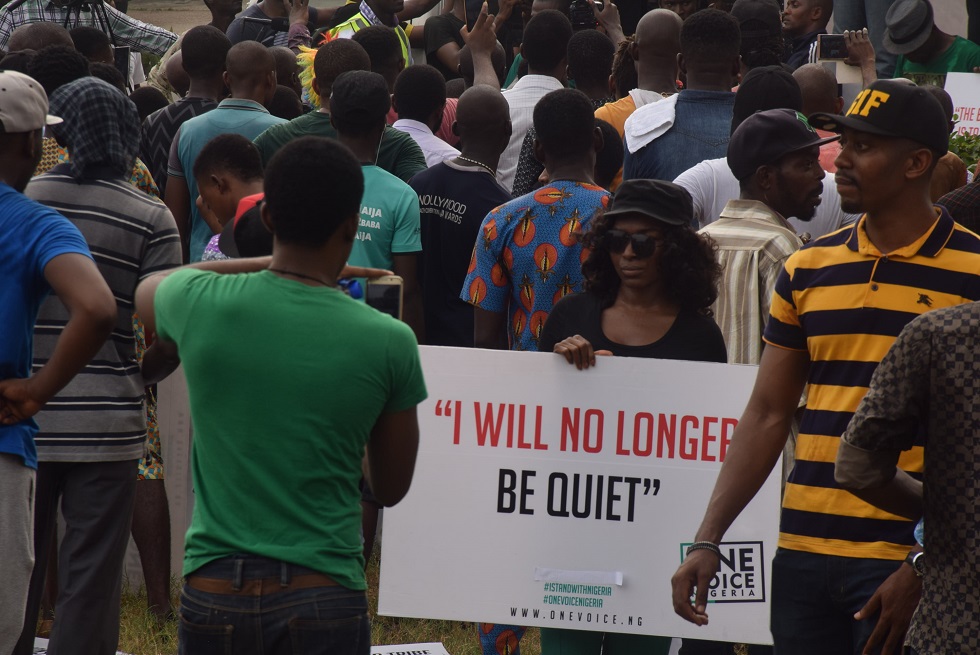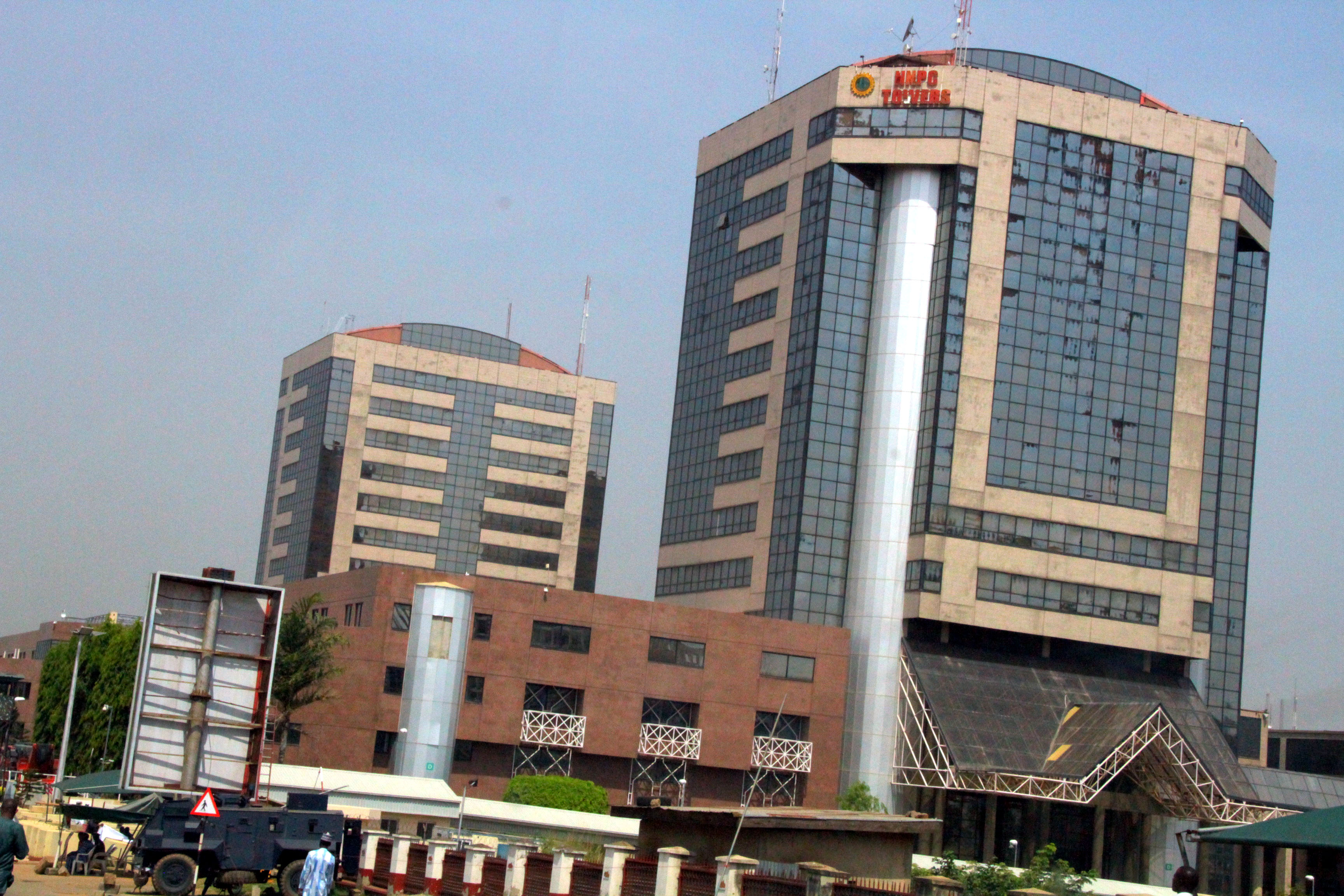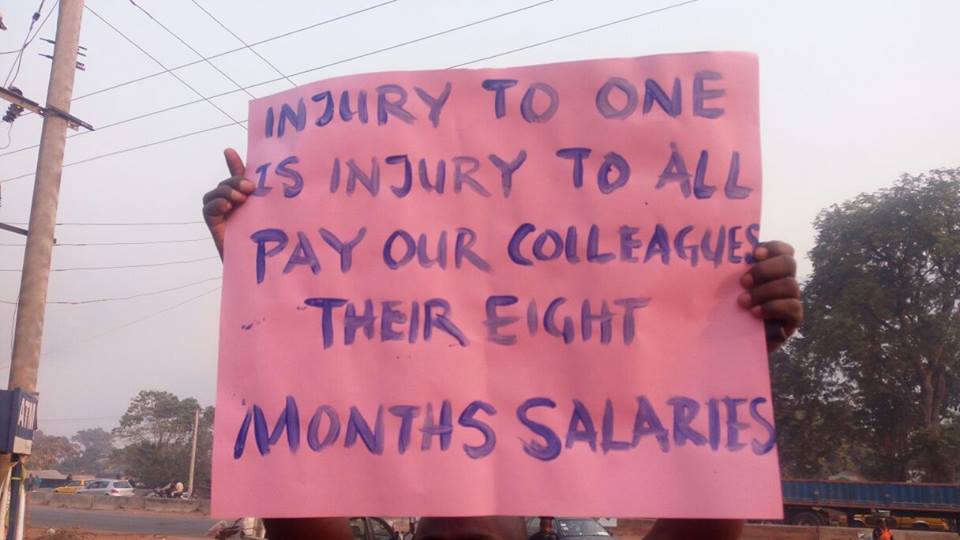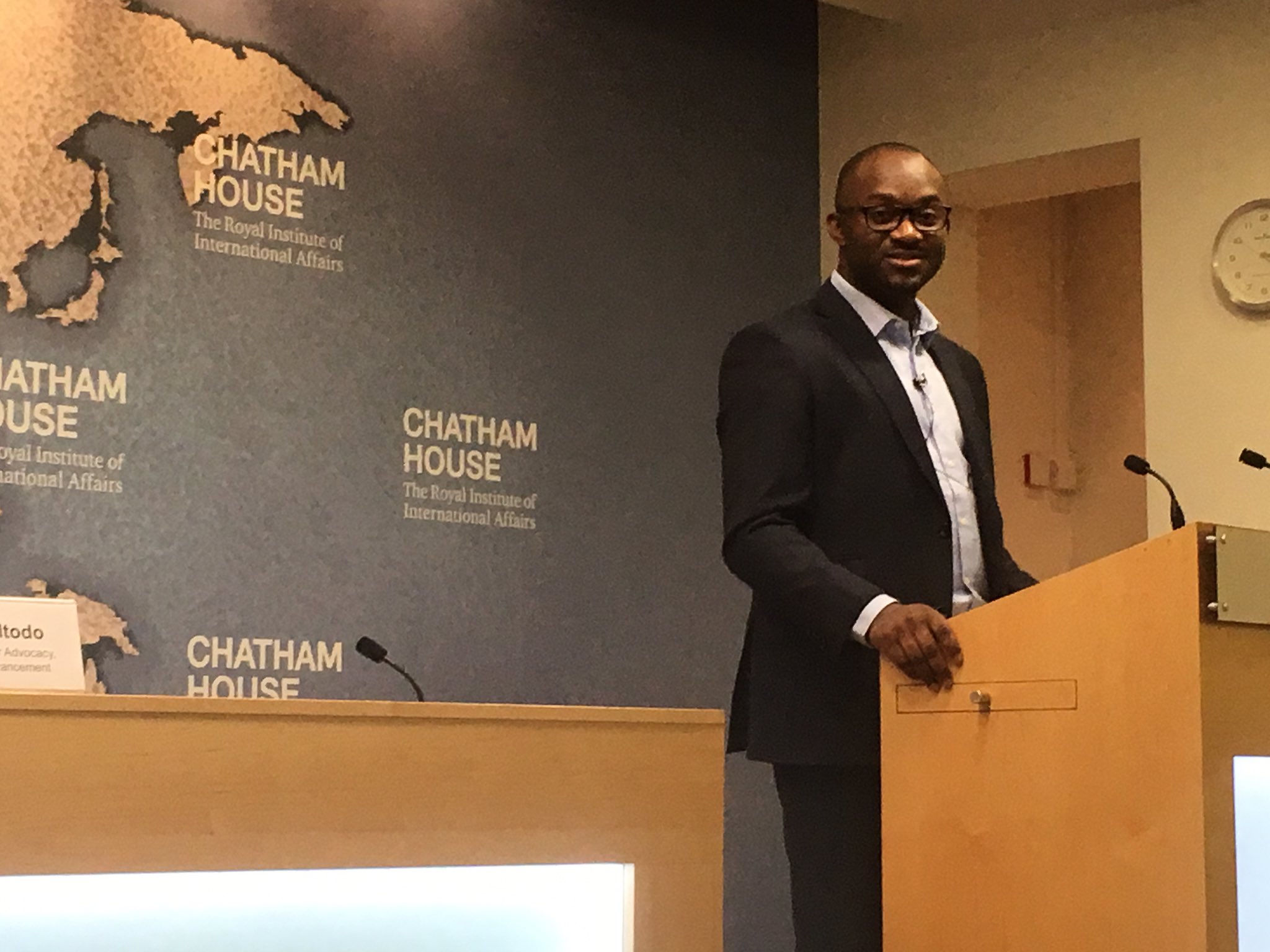BY KARIOLA MUSTAPHA
It was Professor Tamuna, a former vice chancellor of the University of Ibadan, that said all things were bright and beautiful, Nigerians killed them all.
In this essay, I wish to convey a redivivus note to the government of the Federal Republic, Nigeria.
Ab initio, in the Classical Greek civilisation, when a state was formed for economic reasons, it was called an EMPORIUM; on the other hand, when a state was formed for the reasons of over-population, stasis or civil strife, such was called APOIKIA, which literally means home-away-from-home. This essence of its creation, defined its philosophy, ideology and leadership, and gave the citizenry a mindset or mentality to live by. Little wonder Sparta was renowned for her military and Athens for her Crafts and Arts. Great warriors came from Sparta while great philosophers and awesome artistic designs from Athens.
Now, the questions that must be clarified about Nigeria are: why was Nigeria created? What is her univocal ideology and philosophy? What sort of leaders does the essence of her creation demands? What is the singular mindset or mentality of a random Nigerian?
Advertisement
Where one is able to conjure some rational answers to the above questions, it is also important to align them with the current realities. This done, I am sure one will be able to tell if truly Nigeria is a federal republic, a nation, a state, a country or something yet to be defined. Better, one will be able to tell of a Nigeria that will not die.
John Bunyan wrote a book, Pilgrim’s Progress. Years later, C.S. Lewis wrote Pilgrim’s Regress. Some sixty years ago, the account of the former book could be said to be true of Nigeria. In the book, Christian, the major character may be said to symbolise an average Nigerian. Though things were hard for him, however, there was hope, there were commensurate interventions when he cried to his master. But today, we can not boast of the hope clause. Each step, policy and politicking is only a regress, yet we fail to realise. Nigeria is breaking. It is much like the encounter of John in Lewis’ Pilgrim’s Regress. However, just as the case of Christian in Bunyan’s, his ultimate destination as he refused to give up to the meaningless secularism and man-centred philosophy of his time, proves that there is hope for even Nigerians, only if we could make Christian’s picture come alive again in us.
Every day, in the national dailies, either in the editorial column or elsewhere, there is always an advice, admonition on something to do better and how to do it better. I will attempt not to follow this everyday tradition of our patriotic national newspapers in stating the problems and the solutions. However, I hope one day, life will surge through those papers in the archives. In this regard, I will state these problems as concepts we subconsciously assume are meant for individuals and not for the government, and sometimes for the government and not for individuals.
Advertisement
Consider this, an average car owner in Nigeria must get the following clearances, if he does not want to be embarrassed on the road: vehicle licence, annually; road-worthiness, annually; Insurance, annually; proof of ownership; allocation of number plate; police clearance; control motor registry; and drivers’ licence, there is also hackney permit .
My emphasis here is on the charges of road-worthiness. Imagine, we are charged for road-worthiness and the government could not give us motorable roads. It is just an irony. A journey that should take three hours takes seven, because of bad roads. This is hypocrisy and it spells out that the government is only interested in making money from us. This is wrong and evil as many lives have been lost to this wickedness. Permit me to ask, what is the way out of this?
Secondly, the unholy salary of the lawmakers. This has often been ignored. I could remember what happened when the former governor of the Central Bank of Nigeria (CBN), while in office announced that the take-home-pay of the lawmakers alone costs the nation 25% of her overhead cost. The billows roll, and the Nigerian soil quaked. In the end, the question is not yet resolved.
It is unthinkable to imagine why a Nigerian senator will earn more than President Trump. This is capital greed. It is also very sad that an average high school teacher in the United States earns more than university lecturers in Nigeria. What do we really celebrate in this part of the world? Bringing that home in Africa, an average lecturer in Namibia lives thrice more comfortably than his counterpart in Nigeria.
Advertisement
Ola Rotimi clearly captures it in his book, “Our Husband has gone mad again”; politics is where life is. How sad this is true of us!
I remember a part of our national anthem that says “…guide our leaders right. Help our youth, the truth to know.” Obviously, our leaders have deviated from being guided right, while the youths have known this truth. And we keep asking questions, please tell us again, what qualifies a lawmaker to earn more than a lecturer?
From the foregoing, the second problem here is greed. Just because the lawmakers had the chance to determine their salary, they cut the biggest part of the national cake for themselves while all other personnel share the crumbs. This is evil. It should be addressed. I am sure if all other sectors in Nigeria had the chance to determine their salary based on the demands of their work, the lawmakers will be overwhelmed. We need a nation that will thrive on intellection and not the luxury of politics. At the moment, owing to the avarice of the Nigerian lawmakers, the country runs the most expensive democracy in the world and nothing is done about it. The press is quiet, activists are easily overwhelmed and threatened, sadly we are comfortable about it. This is risky to a Nigeria that will not die.
Nepotism is the third problem to be highlighted. As we have seen in developed countries, talent diversity and meritocracy is key. Our federalism is a mess. What we see here is just the contrary. Perhaps, we should find another term for it. I will call it FETHNILISM, where ethnicity is dominant. It is sad that someone from the east cannot be a vice chancellor in the University of Benin. This is sad in the ivory tower. Political bug has eaten too much into scholarship, and we are blinded by our myopic will. Something must be done.
Advertisement
Now to the real source of this nepotism, the government, I believe this current administration is a clear example of nepotism. It took Nigerians to ask in the wake of President Buhari’s administration if he was running a northern government or a federal government. I wish statisticians and other researchers in Nigeria could take a look into the state of origin of: (i) the most employed Nigerians and (ii) those holding the highest offices in administrations past and present. This will help us address the problem of nepotism. Nepotism is a big problem. It kills merit and efficiency. It is the bane of underdeveloped countries. It is critical to a Nigeria that will not die.
Before I conclude this note, just in case you do not know let me explain the term, Federal Republic of Nigeria.
Advertisement
Etymologically, the term federal is from the latin word, foedus, this literally means a league. If you have read the history of Rome, you would know that a league was necessary as Rome grew from a small village in Latium, in the midst of powerful hostile nations. Hence, there was the need for a common force to defend themselves and subdue these nations.
However, in the case of Nigeria, there was a need for a league, not because of the onslaught of the Syrian army nor the conspiracy of the Caribbean navy but for a collective exploitation by our colonial masters. Fellow Nigerians, our federalism or league as it was, is and will be is a marriage of strange bedfellows. A critical and deliberate intervention while dialogue is still a bloodless tool may be necessary.
Advertisement
The term republic in its literal composition is a compound word. It is res publicae. It literally means a property of the public. Scholarship has captured it as meaning, the Commonwealth of the people. Generally, these definitions give the force that, in a republic, power lies in the people, and the government is only a property of the people.
A conclusion from these propositions is that the term, Federal Republic of Nigeria would have made more sense in the years when language was precise. Because today, the opposite is just the reality.
Advertisement
Finally, each time I think, picture or conjure a Nigeria that will not die, I am always sorry to realise that she is not alive.
Mustapha sent this piece from the Department of Classics, University of Ibadan. He can be reached via [email protected]
Views expressed by contributors are strictly personal and not of TheCable.
1 comments







Your comment..
this is a good write-up!
I hope this piece gets to the top and create I. our leaders a positive mindset